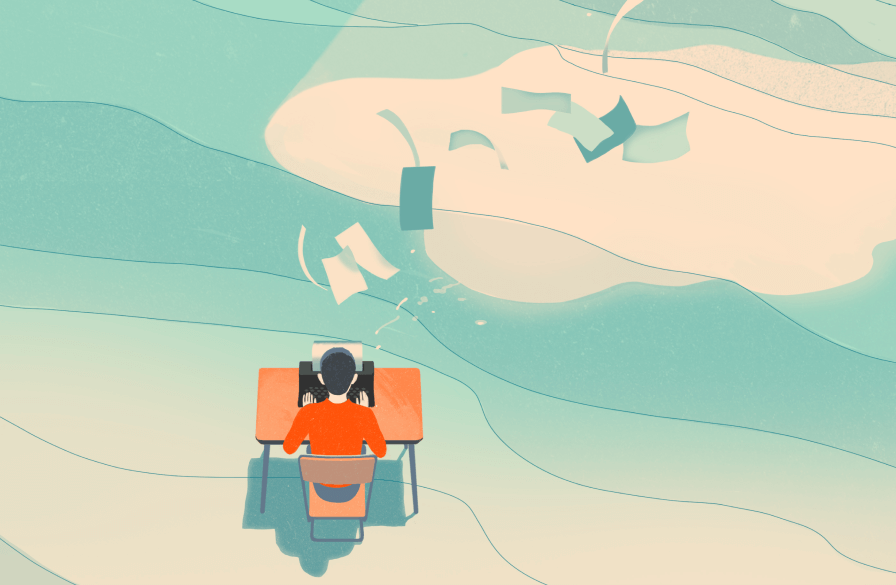Writing Resources
Need help getting started? Dealing with writer's block? Looking to grow your audience?
Welcome to your one-stop shop for resources that will help inspire your storytelling creativity, grow your audience, and sharpen your writing skills.
Learn More
Need help getting started? Dealing with writer's block? Looking to grow your audience?
Welcome to your one-stop shop for resources that will help inspire your storytelling creativity, grow your audience, and sharpen your writing skills.
Learn More





